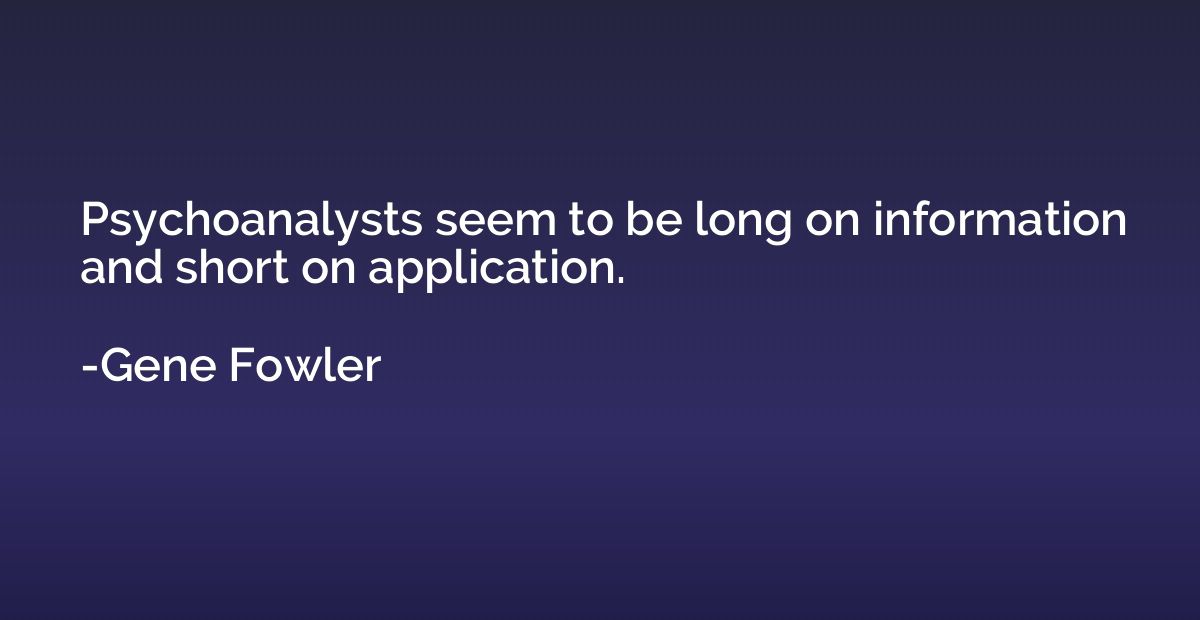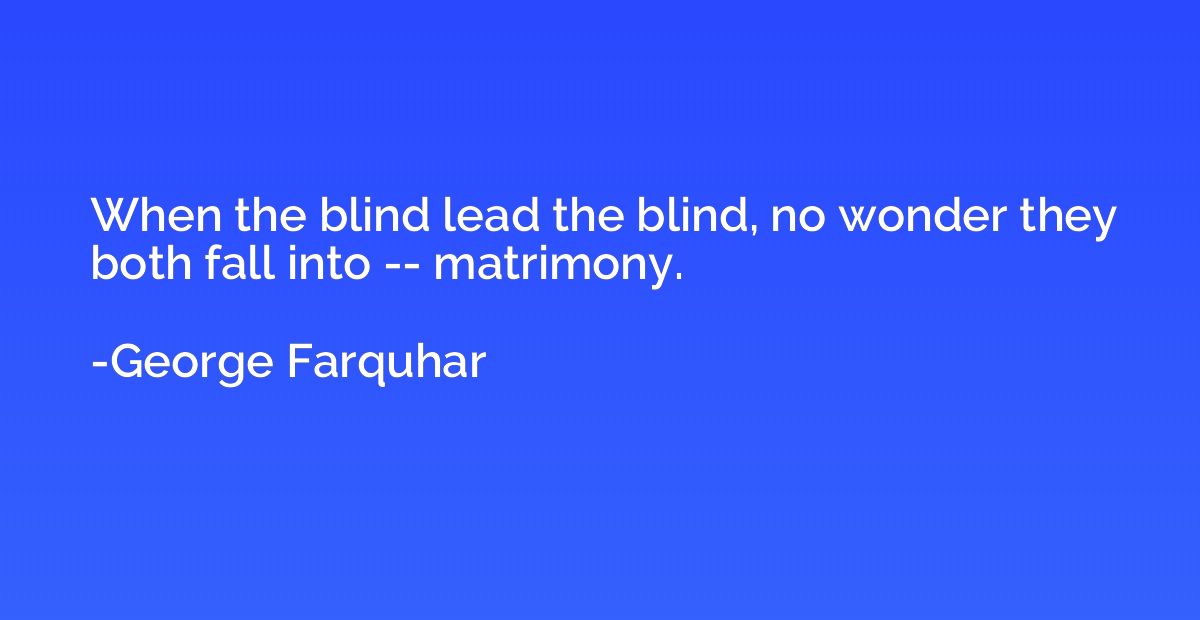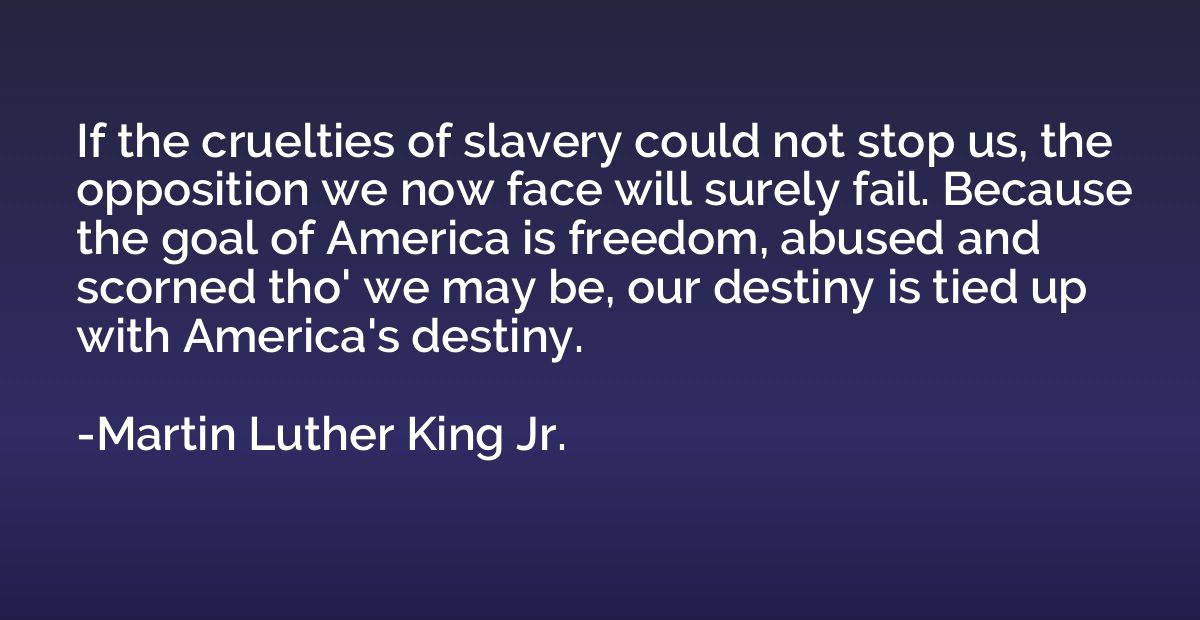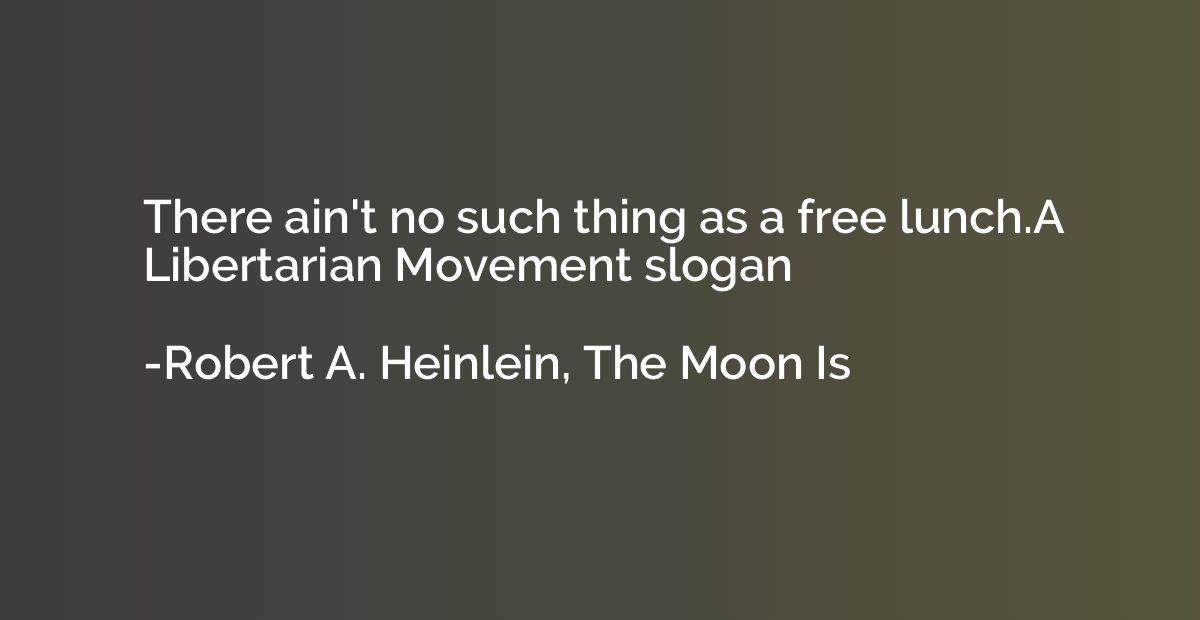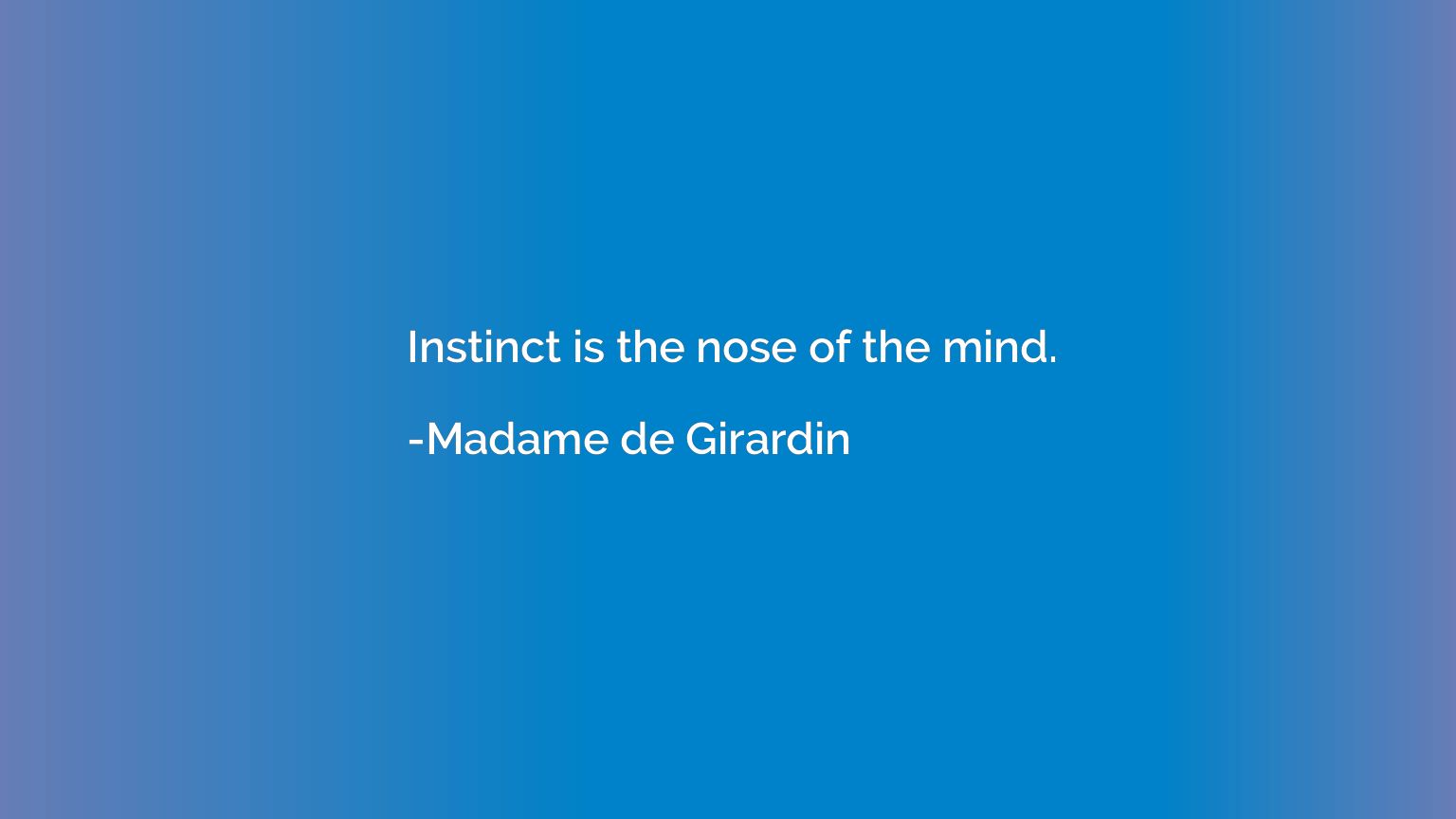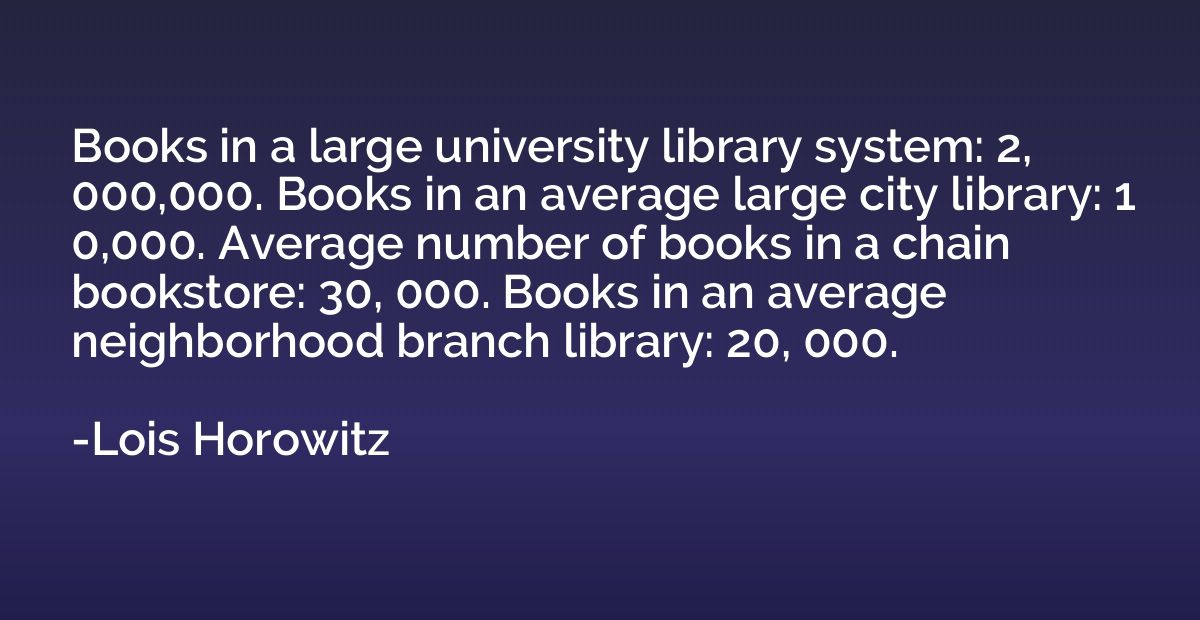Quote by John Quincy Adams
Wherever the standard of freedom and independence has been or shall be unfurled, there will her Americas heart, her benedictions and her prayers be. But she goes not abroad in search of monsters to destroy. She is the well-wisher to the freedom and independence of all. She is the champion and vindicator only of her own. She will recommend the general cause, by the countenance of her voice, and the benignant sympathy of her example. She well knows that by once enlisting under other banners than her own, were they even the banners of foreign independence, she would involve herself, beyond the power of extrication, in all the wars of interest and intrigue, of individual avarice, envy, and ambition, which assume the colors and usurp the standard of freedom. The fundamental maxims of her policy would insensibly change from liberty to force. She might become the dictatress of the world: she would be no longer the ruler of her own spirit.
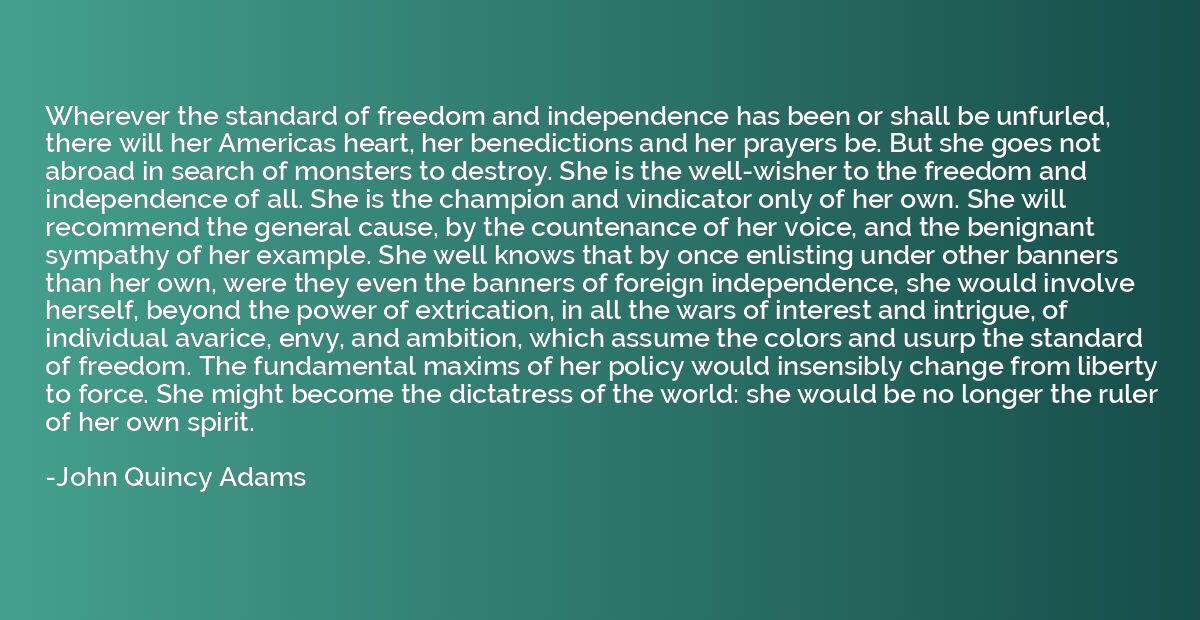
Summary
This quote, often attributed to John Quincy Adams, highlights America's stance on freedom and independence. It emphasizes America's support for all nations striving for liberty, but at the same time, it reminds us that America does not interfere in the internal affairs of other countries or seek out enemies to destroy. America promotes its values through its words and actions, standing as a shining example to others. The quote warns about the dangers of entangling alliances and losing sight of America's own principles. It cautions against sacrificing liberty for the sake of power and dominance.




